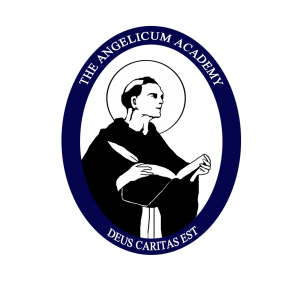
Asynchronous Intro to Music Theory
Asynchronous Intro to Music Theory is a recorded class designed to help students who know nothing
Asynchronous Intro to Music Theory
Asynchronous Intro to Music Theory is a recorded class designed to help students who know nothing
Enroll Now
Asynchronous Intermediate Music Theory
Intermediate Music Theory is designed to help students who have a basic understanding of music the
Asynchronous Intermediate Music Theory
Intermediate Music Theory is designed to help students who have a basic understanding of music the
Enroll Now
Intro to Music Theory (Fall Semester)
Intro to Music Theory is a live class designed to help students who know nothing about reading mus
Intro to Music Theory (Fall Semester)
Intro to Music Theory is a live class designed to help students who know nothing about reading mus
Enroll Now
Intro to Music Theory (Spring Semester)
Intro to Music Theory is a live class designed to help students who know nothing about reading mus
Intro to Music Theory (Spring Semester)
Intro to Music Theory is a live class designed to help students who know nothing about reading mus
Enroll Now
Intermediate Music Theory (Fall Semester)
INTERMEDIATE MUSIC THEORYIntermediate Music Theory is designed to help students who have a basic u
Intermediate Music Theory (Fall Semester)
INTERMEDIATE MUSIC THEORYIntermediate Music Theory is designed to help students who have a basic u
Enroll Now
Intermediate Music Theory (Spring Semester)
Intermediate Music Theory is designed to help students who have a basic understanding of music the
Intermediate Music Theory (Spring Semester)
Intermediate Music Theory is designed to help students who have a basic understanding of music the
Enroll Now
Intro to Music Theory: Summer Section
Intro to Music Theory is a live class designed to help students who know nothing about reading mus
Intro to Music Theory: Summer Section
Intro to Music Theory is a live class designed to help students who know nothing about reading mus
Enroll Now
